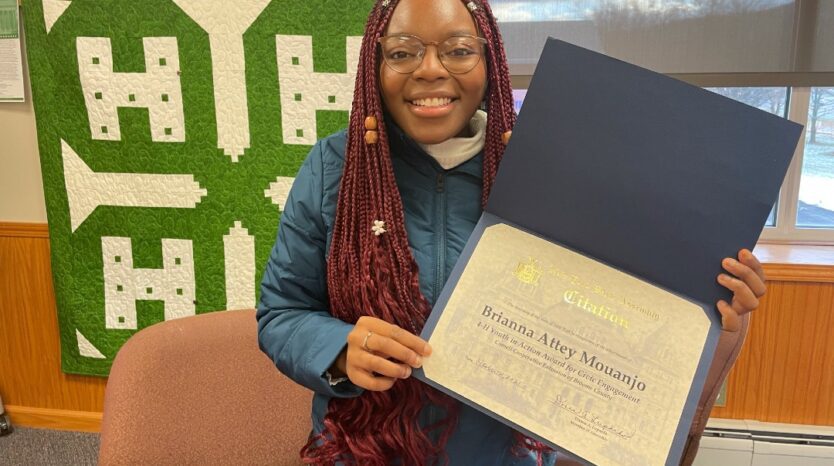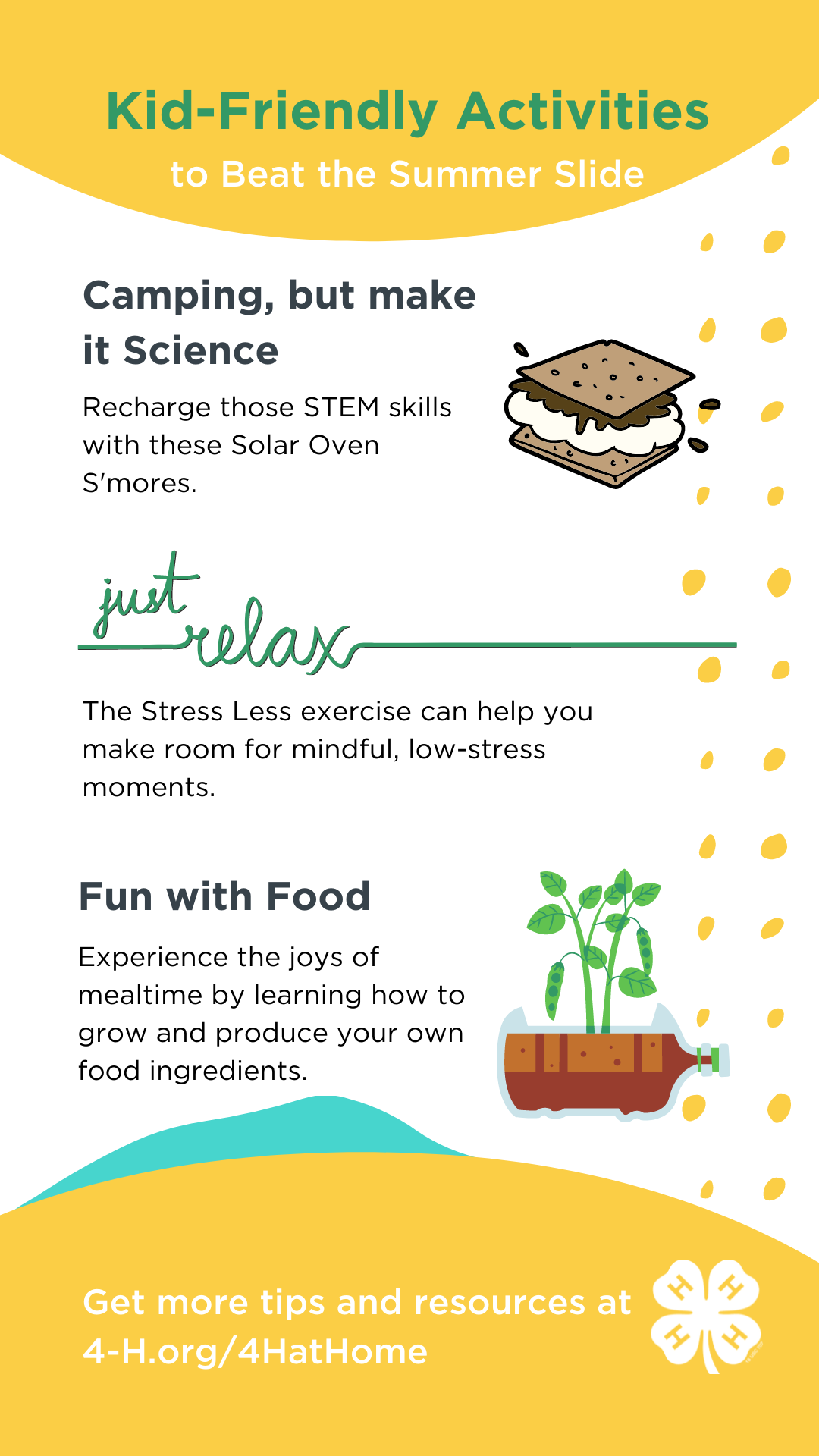Afterschool programs provide the perfect setting for students to engage in STEM learning. According to the newly released America After 3PM special report, STEM learning in afterschool programs is on the rise, but inequities remain. Lights On Afterschool is a great opportunity for programs to showcase their STEM curriculum!
In its 22nd year, Lights On Afterschool is a nationwide celebration of afterschool programs, students, and staff. In a typical year, one million people come together for 8,000 Lights On events across the country. There are plenty of ways to incorporate STEM learning into Lights On Afterschool events. One of those ways is by celebrating two events in one, and making your Lights On Afterschool event a 4-H STEM Challenge event!
This year’s 4-H STEM Challenge, Galactic Quest, incorporates physics and engineering through telescope building, computer science with cybersecurity and coding, and even space agriculture—allowing students to build a mechanical arm to harvest crops in outer space. Galactic Quest also examines the history of space exploration and the hurdles present while in orbit.
This year, more than 200 participating programs are focus on STEM activities during their Lights On Afterschool events. Here are a few of the ideas we’ve seen so far:
Partnering with an organization that focuses on STEM learning: The Napoleon & Ada Moton Chapman Institute has a partnership with NASA’s Museum Alliance as part of their Lights On celebration: “STEM is Here To Stay: Come & Learn!”
Combining STEM with health and wellness: The STEM club and SMART moves club of the Kadena Teen Center will collaborate to create colored powder for the organization’s Lights On Afterschool color run.
Incorporating STEM with the Lights On theme: The Boys and Girls Club of The Northtowns in Buffalo, New York, is hosting a “Lights On Afterschool Town” event, featuring a glow party and DIY STEM projects about lights and circuits.
Utilizing resources such as those provided by Million Girls Moonshot: Throughout October, Million Girls Moonshot is celebrating girls and women in STEM for Lights On Afterschool. Visit their Million Girls Moonshot toolkit to find STEM resources, events, and activities to help students explore STEM opportunities and foster the engineering mindset.
Join the hundreds of other afterschool programs around the nation this year in celebrating Lights On Afterschool and STEM learning!
















